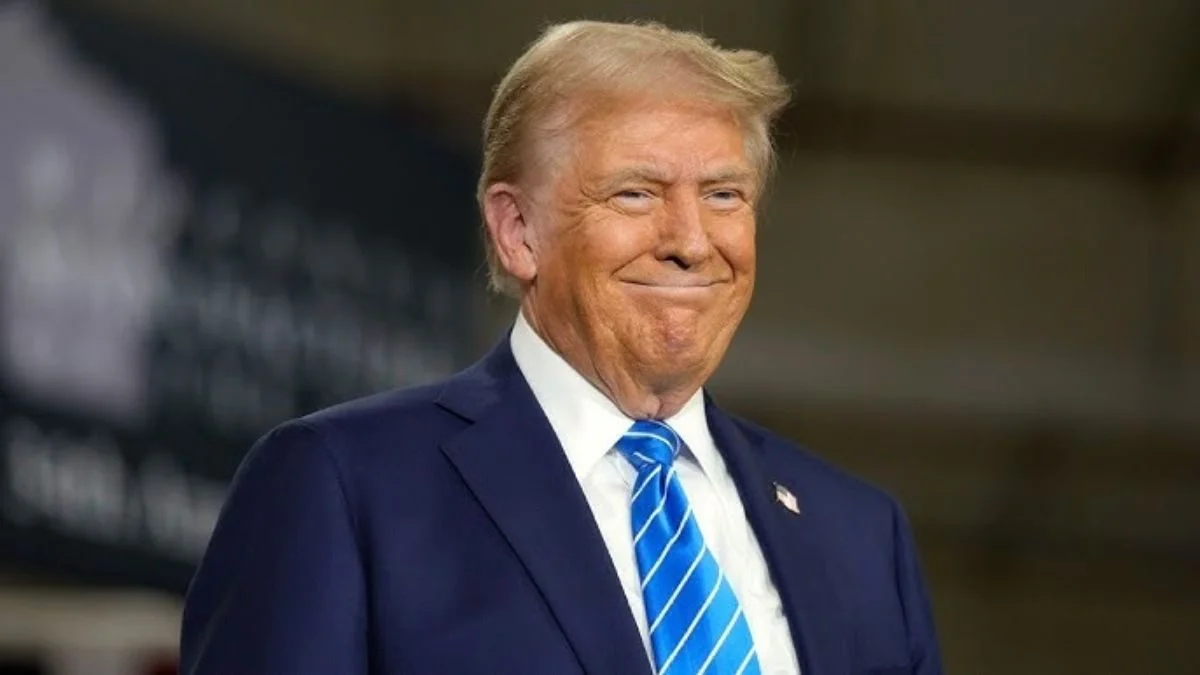Donald Trump, at the age of 78, has just achieved a significant milestone in U.S. political history by becoming the oldest person ever to be elected president. His victory in the 2024 presidential election marks a remarkable achievement, as he surpasses Joe Biden, who was the previous record-holder when he took office at 78 in January 2021. Trump’s achievement has sparked a national conversation about the increasing age of U.S. presidents and the implications of electing older leaders.
In U.S. presidential history, age has often been a point of discussion, particularly as candidates age into their 70s and 80s. While many past presidents served into their 60s, the 21st century has seen older candidates rising to the forefront. Trump’s victory comes amid this trend, raising questions about how age and experience factor into leadership, particularly in times of global uncertainty.
Here is a look at the oldest U.S. presidents to ever serve:
- Donald Trump – 78 years old (elected in 2024)
- Donald Trump now holds the title of the oldest president-elect, securing his place in history after a contentious election cycle.
- Joe Biden – 78 years old (elected in 2020)
- Joe Biden broke the age record when he was inaugurated as the 46th president of the United States at 78 years old, becoming the oldest sitting president at the time.
- Ronald Reagan – 73 years old (elected in 1980)
- Reagan, who served two terms from 1981 to 1989, was the oldest president at the time of his election, taking office at the age of 69. By the end of his second term, Reagan was 77 years old.
- William Henry Harrison – 68 years old (elected in 1840)
- William Henry Harrison served as the 9th president of the United States for only 31 days, passing away from an acute illness shortly after his inauguration. However, he remains the oldest president-elect of his time.
- James Madison – 57 years old (elected in 1808)
- While not among the oldest presidents, James Madison was notable for being one of the younger leaders of the early 19th century.
Trump’s re-election comes at a time when the U.S. has become more accustomed to older political figures, both in the executive branch and in Congress. As voters continue to engage with the idea of leadership experience versus age, Trump’s victory could signal a shift in the ways in which Americans view presidential eligibility.


